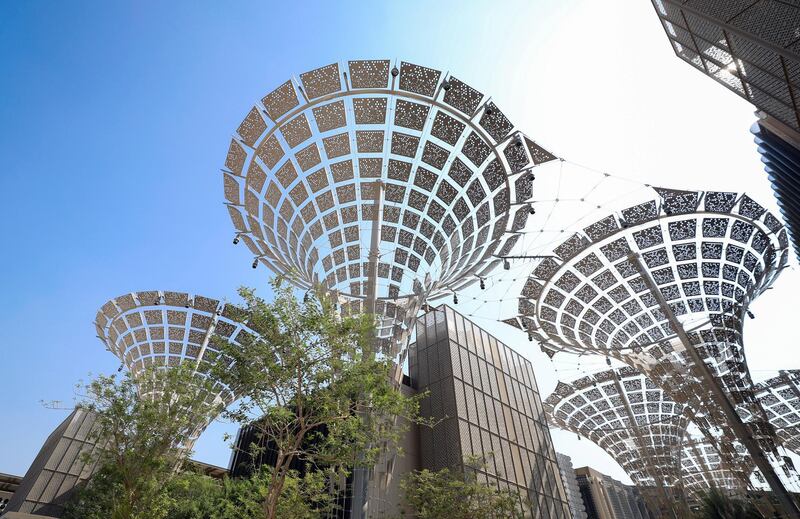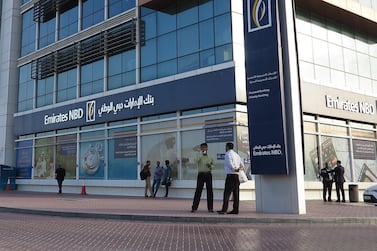Business expectations in the UAE improved to a four-month high in November as firms expressed optimism for the year ahead due to Expo 2020, according to a new report from IHS Markit. However, growth in the non-oil private sector business conditions softened to the weakest in over 10 years.
The headline seasonally adjusted IHS Markit UAE Purchasing Managers’ Index — a composite indicator designed to give an accurate overview of operating conditions in the non-oil private sector economy — fell from 51.1 in October to 50.3 in November, the lowest reading since August 2009 as the global economy continues to soften. A reading above 50 indicates economic growth and below suggests contraction.
“While the overall decline in sales was marginal, it offered a first hint that the non-oil private sector might endure a period of contraction. Whether or not this occurs, businesses remain positive that the Expo 2020 will bring a steady stream of demand to the sector. With current conditions remaining subdued, it appears that such a boost would greatly benefit the economy,” David Owen, an economist at IHS Markit, said in a statement.
The slowing market conditions led customers to limit order volumes, but the overall reduction was marginal, the report noted. More positively, private sector companies saw a renewed increase in new export orders, as international markets reportedly fared better than the domestic market.
Firms also continued to lower selling prices in November with cost pressures remaining subdued. The latest reduction was sharp and extended the current sequence to 14 months, it said. Respondents to the survey highlighted that strong competition forced them to offer discounts.
Meanwhile, employment levels fell at a fractional pace in November. With sales dropping, some companies sought to "reduce payroll in order to streamline costs", which offset the hiring of extra workers at other firms. Subsequently, staff costs rose only marginally during the month.
“Despite growth slowing, firms were more optimistic for the year ahead during November. Most panellists still expect output to rise over the coming 12 months, with the Expo 2020 remaining a key feature of the economic outlook,” the report said.







